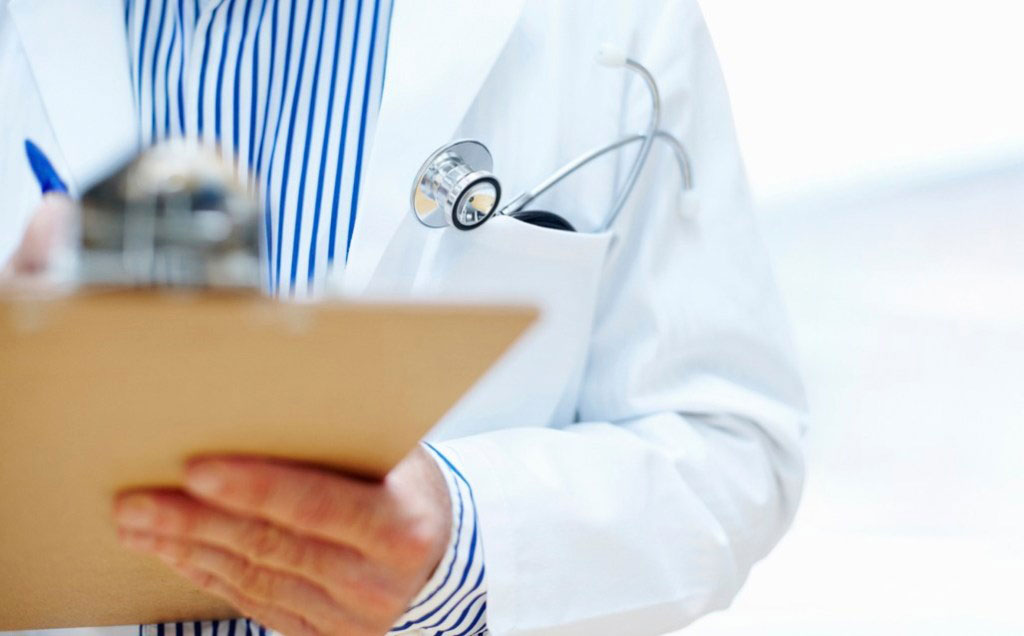Hypogonadism or Low Testosterone
The American Urology Association (AUA) identifies low blood testosterone (Low-T) as less than 300 nanograms per deciliter (ng/dL).
Hypogonadism or Low Testosterone Signs & Symptoms
There are many signs and symptoms of Low Testosterone. Some are more closely related to Low-T levels (specific signs and symptoms). Others may not necessarily be linked (non-specific signs and symptoms). Your doctor will help you make sense of your own situation. Some of the most common symptoms are:
- Reduced sex drive or desire
- Reduced erectile function
- Loss of body hair
- Less beard growth
- Loss of lean muscle mass
- Feeling very tired all the time (fatigue)
- Obesity (being overweight)
- Symptoms of depression
- Irritability
- Erectile Dysfunction
Having any one of the specific or non-specific symptoms may not mean that you have low testosterone. But if you have a mix of symptoms you should discuss them in detail with your provider. An example is having a combination of low sexual desire, reduced erectile function, and feelings of sadness and tiredness; you should talk to your doctor.
Hypogonadism or Low Testosterone Diagnosis
Although many symptoms may be tied to Low Testosterone (Low-T), total blood testosterone level is the most important measure of testosterone deficiency. To make a diagnosis, your doctor will use other specific signs and symptoms in addition to your testosterone blood level.
Hypogonadism or Low Testosterone Treatment
There are many treatment options for symptomatic low testosterone. Testosterone replacement therapy may be in the form of skin gel, injections, long acting pellets, patches or oral inserts. The most common type of therapy is gel therapy, which is used by approximately 70% of patients. Men simply rub a gel onto their shoulders or upper arms after taking a shower. Roughly 17% of patients are using testosterone injections and 10% of men are using testosterone patches. Approximately 3% of patients are using other forms of testosterone, such as oral testosterone or implantable testosterone pellets.


